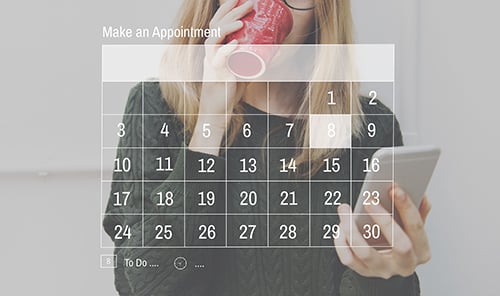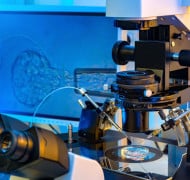When should I consider seeing a fertility specialist?

I've been struggling to get pregnant. When should I consider seeing a fertility specialist?
Recommendations for when to see a fertility specialist are very age related. For example, the usual dogma has been to try “for a year” and then go see your personal provider and possibly get a referral to a specialist. This is not a realistic plan for many patients because precious time for the couple, especially the woman, can be wasted.
If a woman is under 35 her monthly chance to conceive should be at least 20% per monthly cycle; so if a woman tries for at least 6 months to conceive without success she might want to consider a self-referral to a specialist. If a woman is 35 or over, the monthly chance for conception is lower and approaches only 10% before age 40. However, the chances for a spontaneous miscarriage are also changing with age. If anyone in that age group has also tried for up to six months, she should directly seek care with a specialist because time is closing in and other genetic issues related to miscarriage or problems with the child are increasing.
Any woman who has had two miscarriages in a row may also seek a specialist's care to make sure that factors that may cause these are not present beyond random chances for the age of the woman involved.
Frequently as a specialist, we see patients who have been trying through their own generalist or general ob/gyn for over two years and then come for consultation; this can be wasteful time and can put the woman into a more precarious position now due to advanced age.
Lastly, at any age, if a woman's cycles are not regular across time, and is trying to actively conceive, she may consider a specialist's consultation as well to maximize her chances per month. This last statement would be even more important in any woman close to 35 or older.

























